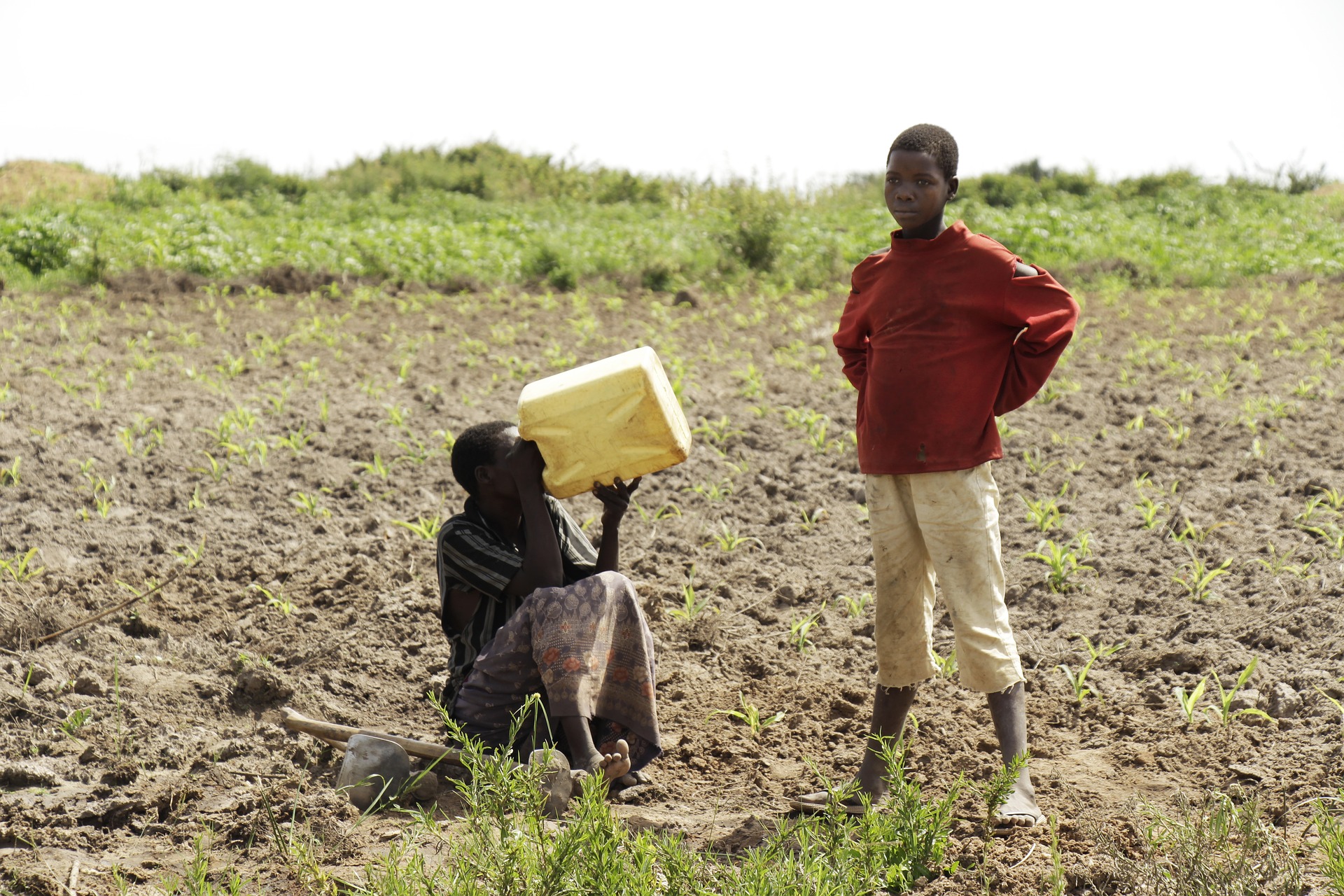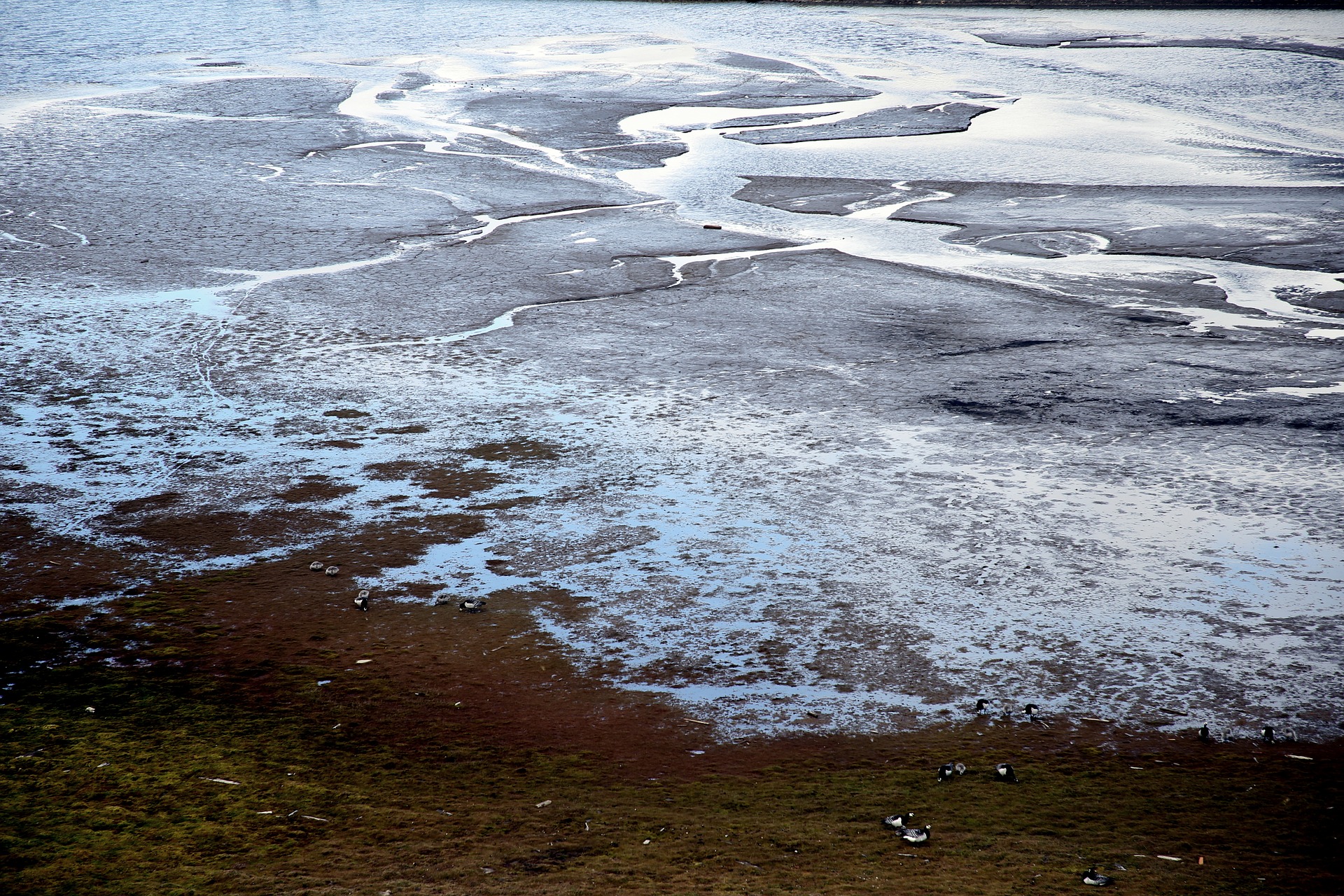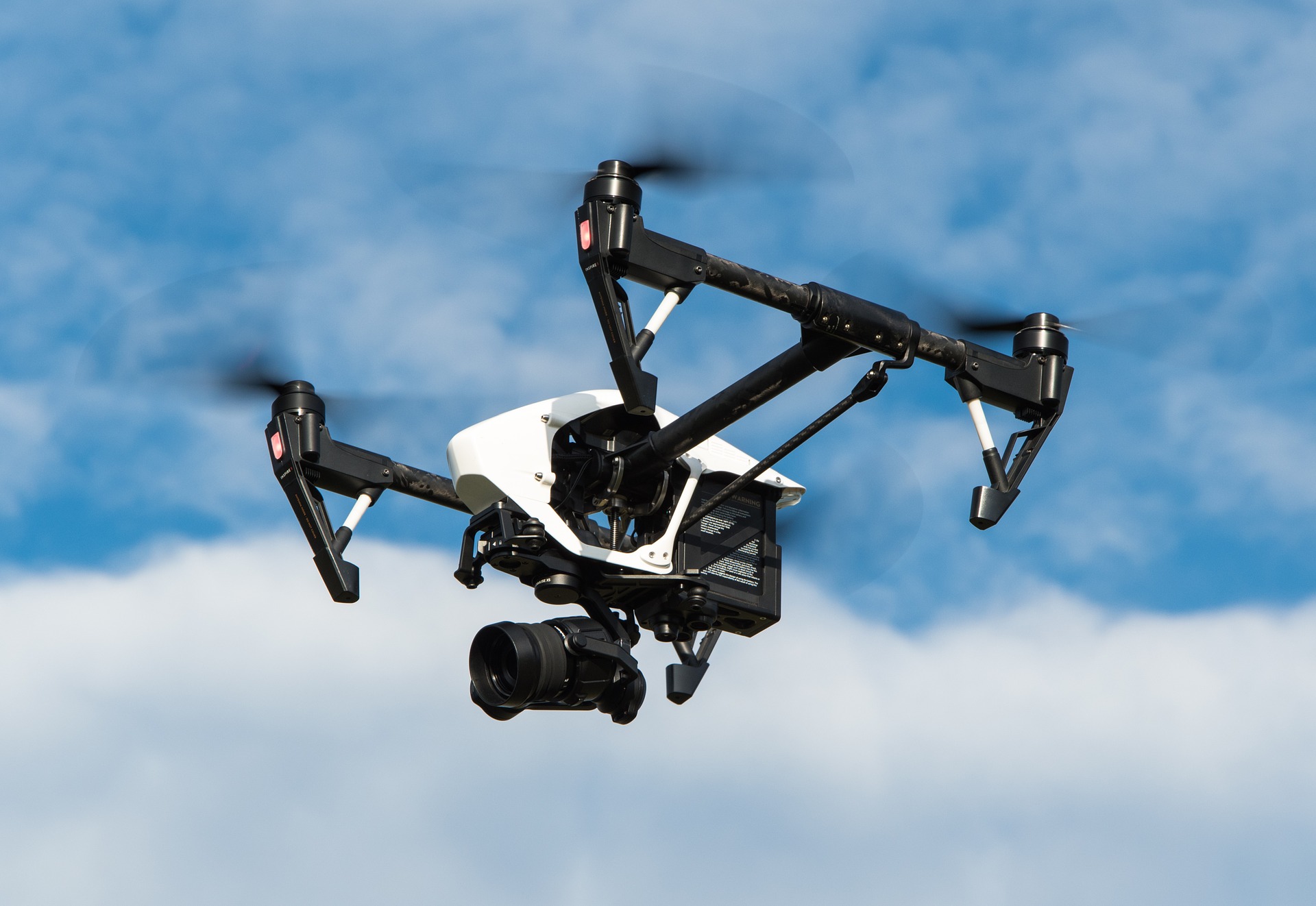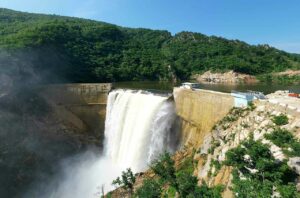Featured News
 Food Crisis Threat Lingers Post-Cyclone Idai
Food Crisis Threat Lingers Post-Cyclone Idai
It has been six weeks since the landfall of Cyclone Idai in Southeastern Africa and there is increasing concern over the short- and long-term food security of many affected citizens in the region. The storm caused widespread destruction to cropland across Mozambique, Zimbabwe, and Malawi, which saw farmers lose much of their spring harvests meant to sustain them over the coming lean season in May. In Mozambique alone, an estimated 700,000 hectares of cropland – around 13% of its total agricultural area— were estimated to have been destroyed in the country’s central breadbasket provinces, affecting up to 500,000 farming families. In Zimbabwe, the cyclone has exacerbated an existing food crisis caused by prolonged drought in recent years. In response, aid efforts have included the delivery of quick growing seeds to farmers, which by mid-April reached up to 75,000 people in Mozambique, but some communities still remain cut off by the storm’s destruction and access remains difficult. Complicating matters, another powerful cyclone, Kenneth, hit Mozambique at the end of April, causing further flooding, and widening the destruction to northern regions spared by Idai. The World Food Programme has estimated the food crisis in the region could last over much of the next year, highlighting how extreme weather events can threaten national, social, and economic securities long after they have passed.
 Arctic Melting Could Add Trillions to Climate Change Cost
Arctic Melting Could Add Trillions to Climate Change Cost
A new study has estimated that Arctic melting could add up to $70 trillion USD to the long-term global cost of climate change. This would make up a 5% increase on the currently estimated cost of climate change, which was estimated at $1,390 trillion by 2300 should emissions continue to rise at their present rate. As Arctic permafrost melts, it will emit methane and CO2, and as ice and snow melt the Arctic will also lose its reflective (and cooling) covers of snow and ice. This feedback loop could trigger more warming and accelerate climate change. While so far emissions from permafrost melting have remained relatively small, the study emphasized that the best chance for avoiding this tipping point for permafrost emissions was to meet the Paris agreement target of limiting global warming to 1.5°– but cautioned that even this may not be enough given uncertainty over the extent of present melting. Economic disruption due to climate change has and will continue to occur, with Arctic melting likely to lead to destructive sea level rise and changes to global weather patterns specifically.
 Seychelles to Use Drones to Surveil Against Illegal Fishing
Seychelles to Use Drones to Surveil Against Illegal Fishing
The Seychelles Air Force has partnered with a tech startup to create a drone program that will be used to monitor for illegal, unreported, and unregulated fishing. Known as the FishGuard program, it aims to create a drone fleet that will offer a cheaper surveillance option and greater coverage across the archipelago. With an exclusive economic zone of over 1.4 million km2 spread across the western Indian Ocean, surveillance and enforcement is a challenge, despite Seychelles’ maritime domain awareness leadership in the region and its previous success in interdicting vessels for IUU fishing. Island nations like the Seychelles rely heavily on their domestic fishing industry, with 30 percent of its national GDP coming from the sector. It therefore is a matter of economic security to ensure IUU fishing is strictly enforced and prosecuted.
In Case You Missed It
Maritime and Fisheries Security Act Re-introduced in Congress
Senators Roger Wicker (R-MS) and Chris Coons (D-DE) reintroduced the bipartisan Maritime SAFE Act last week. The Maritime SAFE Act aims to level the playing field for law-abiding fishermen, strengthen seafood traceability programs, and build the monitoring and enforcement capacity of countries affected by illegal fishing. The legislation adopts six recommendations made in the Stimson Center Report, Casting a Wider Net: The Security Implications of Illegal, Unreported, and Unregulated Fishing. Read more about the bill and the Stimson Center recommendations here.
Climate Change Shown to Have Contributed to Global Wealth Gap
A new study has quantified the impact of climate change so far on the global inequality gap. Since the beginning of the industrial era, the overall wealth disparity between countries has shrunk, but an increase of nearly 1°C in average global temperatures attributed to human-caused emissions has actually slowed this progress by contributing to decreased economic output and reducing per capita income gains in poorer countries concentrated in warmer climate zones.
Philippines Considers MPAs to Ward Off Foreign Incursions
The Philippines have accused Chinese vessels of harassing local Filipino fishermen and participating in coral reef destruction, illegal fishing, and the poaching of marine resources around disputed islands it holds in the South China Sea. As a solution, national security advisors of the Philippines have proposed declaring marine protected areas around its islands as a means to protect the livelihoods of small-scale Philippine fishing communities, while simultaneously creating another legal instrument it can use to bolster its sovereignty claim to the islands.
UK Supermarkets Sign Anti-IUU Fishing and Slavery Agreement
Three UK supermarket chains – Tesco, Sainsbury’s, and Co-op – have signed a charter designed by the Environmental Justice Foundation that sees them pledge to improve transparency in their seafood supply chains. The charter outlines several measures the retailers can take, such as publishing vessel license lists and assigning unique vessel numbers, to ensure the activity of their seafood suppliers is free from illegal fishing and/or unethical labor issues.
New Biodiversity Report Highlights Climate Change Effects on Global Fisheries
The Intergovernmental Science-Policy Platform on Biodiversity and Ecosystem Services (IPBES) released a summary of a report on the state of biodiversity in the world, highlighting the threats against life on earth and the many species at risk of extinction. Read Sally Yozell’s statement on the report’s findings and its intersection with the Program’s work here.



